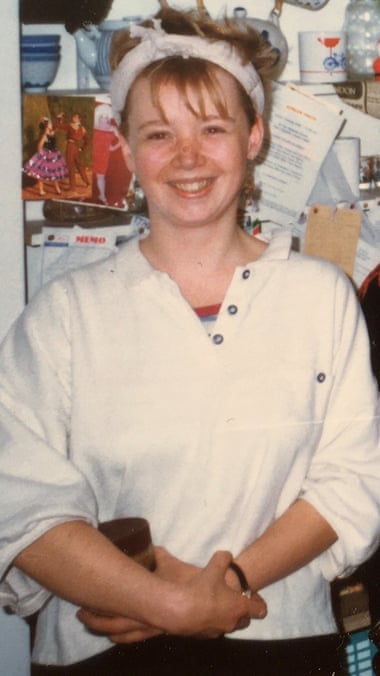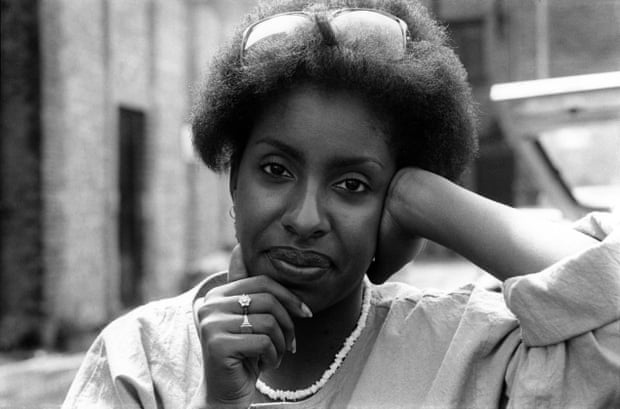I heard reggae for the first time when I was 10, in the summer of 1972. My expat father was home on leave from Hong Kong, visiting my mum and I in our Devon bungalow. He had just broken the news that I was to be sent away to boarding school and Mum was upset. There was shouting and tears. In the midst of it all, I hunkered down in front of the evening news.
What I saw took me by surprise. In a place called Jamaica, people were dancing in the street to steel pan and reggae, and on the backs of tooting lorries. The celebrations were for the 10th anniversary of the island’s independence – and in that moment, with the row over my future raging above me, all I wanted was to be sucked up into the television screen and transported 4,500 miles to the other side of the Atlantic to be there with them.
Fast forward a few years, and a classmate brought a Bob Marley album back to school after the holidays. Soon, I was buying my own reggae – Peter Tosh’s Legalise It, with the picture of him crouching in a field of ganja; the Wailers’ Catch a Fire with the original Zippo lighter cover.
At 17, I was a student at Goldsmiths’ college in London. Reggae was all around but my friends weren’t interested, so I listened by myself. I would record the David Rodigan show every Saturday night and go to Record and Tape Exchange in Notting Hill Gate to buy secondhand vinyl. It was the start of my musical education. I slowly built a good record collection: Dennis Brown, Junior Delgado, Aswad, the Congos, Tappa Zukie, General Echo, U-Roy, Big Youth, Janet Kay.
Although I went to reggae concerts, I never went to reggae clubs, and rarely to reggae record shops. I would have to psych myself up to go to Daddy Kool in Soho, embarrassed to be a middle-class white woman asking for singles with names such as Nuh Skin Up. I would dream of going to Rodigan’s club night at Gossips after his show, but there was no way I would, on my own.
Reggae touches my soul. The sweet melodies and heartfelt lyrics reach something deep within, while the rhythms – sometimes gentle, sometimes militant – make me feel as if I can take on the world. But for years it was a solitary passion.
In 2016, an old friend invited me out for New Year’s Eve. I couldn’t believe my luck when she said we were going to the Deptford Dub Club – a roots reggae night at a local pub. There was a very diverse crowd, and I was in my element.
The Dub Club was on every month. DJs I had longed to hear in the 80s and 90s would play, while regular punters included an original skinhead in braces, and a stooped older man who danced nonstop. It was as if everyone was in their own world, lost in music, and it was nice to know I was no longer alone.
I moved to rural Spain in 2018, but timed my visits to London to coincide with Dub Club dates. Then, in February 2022, I got a chance to DJ myself after the DJ and broadcaster Debbie Golt advertised for women to play at her new project, Vinyl Sisters, upstairs at the Brixton Ritzy. It went better than I could have hoped and I was invited to play again the following weekend, with Albion Hifi Sound in east London.

Encouraged, I visited the Lion Vibes record shop in Brixton. The guys behind the counter told me about their “selector Thursdays”, where anyone can play for 15 minutes, and invited me along.
“Have you been to the shop before?” they asked.
“It’s my first time,” I replied.
“Don’t let it be the last.”
Doors were opening, and I decided to move back to London and go through them.
Being a reggae DJ has changed my life for the better. Previously aloof people have become friendly when I told them what I had been doing, and I’ve bonded over reggae with them and with friends. One friend spent an afternoon on YouTube, seeking out Moss Side reggae from her youth to share with me; another donated some rare 7” singles that had been hiding in his pottery shed for 40 years.
I came home in July and was playing with the Vinyl Sisters two weeks later. My selection, roots reggae mixed with a little dancehall and rocksteady, provoked a series of “pull-ups” – where the audience shout: “Pull up!” or “Rewind!” to make you start the song again – and plenty of fist bumps. It was fantastic to see people enjoying themselves so much.
Nowadays, the reggae world is one of the most inclusive there is, with DJs of all ages and from all walks of life. I think back to my 10-year-old self, and send her a reassuring hug. “It’s OK,” I tell her. “In the words of Delroy Wilson: ‘Better must come.’”

